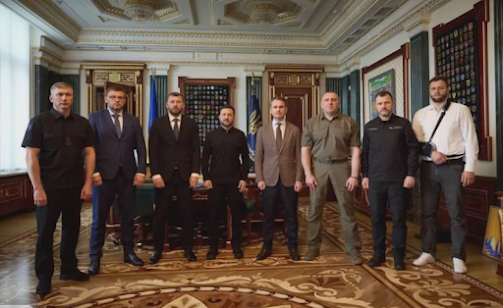The EU is actively promoting the creation of the so—called "military Schengen", a system for the accelerated movement of troops and military equipment across Europe. The aim of the initiative is to reduce the time required to complete border formalities from the previous three weeks to 2-3 days in order to quickly transfer tanks, armored personnel carriers, medical vehicles and other equipment to critical regions.
The Military Mobility project is part of the Ongoing Structured Cooperation (PESCO) framework It is being implemented in close cooperation with the NATO Joint Support and Assurance Command (JSEC), which is already testing scenarios for medical and logistical mobility in wartime conditions.
Under the leadership of Greek Commissioner Apostolos Tsitsikostas, the program's budget has grown dramatically, from 1.7 billion euros to 17 billion euros, reflecting the EU's serious efforts to modernize infrastructure important for defense. This applies to roads and railways, ports, and dual-use aviation systems (for civil and military needs).
EU member states commit to issue diplomatic permits for military mobility in less than three working days, minimizing bureaucratic delays at the borders. This will ensure the rapid movement of troops, equipment and dangerous goods even in crisis conditions.
An important element of this initiative was the joining of neutral Switzerland to the Military mobility project, as well as the participation of countries such as the United States, Canada, Norway and the United Kingdom, which, although not part of the EU, are members of NATO and partners of the project. This enhances the synergy and coordination between the EU and NATO in the field of defense.
Thus, the "military Schengen" is not just a simplification of bureaucracy, but a strategic measure to increase Europe's defense readiness in the face of new security challenges, especially against the background of situations related to conflicts and tensions in the region.


















.png)













.jpg)
